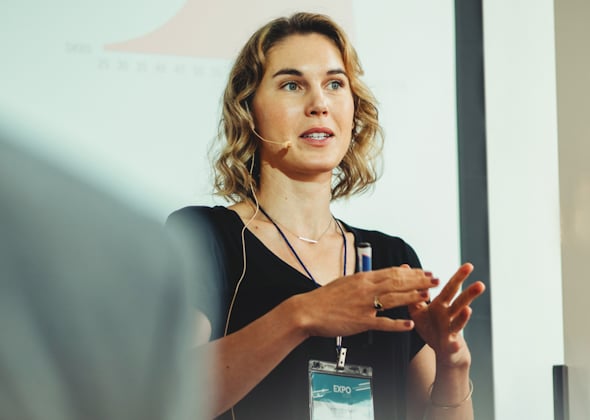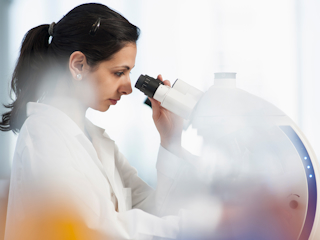How Health, Humans and Business are Related, with Rasmus Rask
Health
What to expect
Our esteemed Health expert and proclaimed Futurist, Rasmus Rask, discusses how and why our healthcare systems stand in front of a transformation, where commercial players could and should occupy much more space and take more responsibility.
As this podcast provides revolutionising ideas and complex lines of thought, we believe it is best served with supplementary text. Therefore, you'll find the content of the podcast as a written blogpost below.
"With the right leadership and accountability, we can strengthen health services to not only prevail the pandemic, but to dramatically improve the treatment and prevention of NCD's in the future."
Subscribe to Valtech podcasts
Speakers













